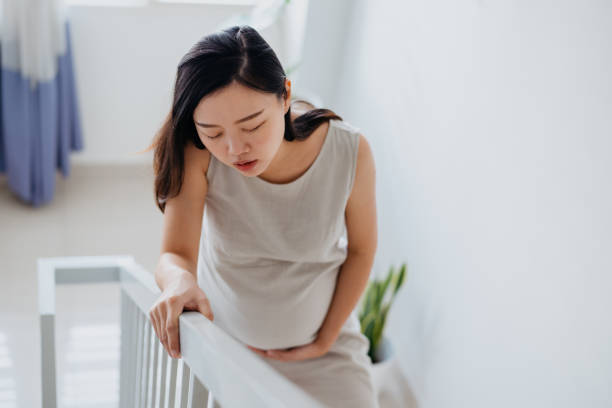The #1 Rated Blood Sugar Formula
Symptoms That Should Not Be Ignored That Will Lead To Gestational Hypertension

Most women with gestational hypertension have healthy pregnancies and healthy babies. But, high blood pressure during pregnancy can be a sign of other conditions that can be much more harmful. That's one reason why seeing your doctor early and often is so important in keeping you and your baby healthy.
What Is Gestational Hypertension?
Gestational hypertension occurs when your blood pressure rises in the second half of your pregnancy, or earlier if you’re carrying twins. Blood pressure is the force of blood pushing against artery walls through blood vessels. When this force measures more than 140/90 mm Hg and is first spotted at 20 weeks or later in a pregnancy, doctors consider your blood pressure to be high. The good news is that, if you develop high blood pressure during pregnancy, it should go back to normal about 6 weeks after you give birth.How Can It Affect My Baby and Me?
High blood pressure can hurt you and your baby. The effects can be mild to very severe. It may cause no problems. Or it may:- Damage your kidneys and other organs
- Reduce blood flow to the placenta, which means your baby receives less oxygen and fewer nutrients
- Cause your baby to be born too small or too soon. Most babies can catch up on their growth by a few months after birth, but it's healthier if they are born at a normal weight.
- Put you at risk for heart disease or high blood pressure when you become older
How to Tell if Gestational Hypertension Is Worse
If you have any of these symptoms of preeclampsia, call your doctor or midwife.- You feel bloated, your ankles are very swollen, or your face or upper body has swelling when you wake up.
- You have headaches, blurred vision, or you’re sensitive to light.
- You have seizures or convulsions.
- You have a severe pain under your ribs, especially on your right side.
Who Is at Risk for Gestational Hypertension?
You are at greater risk for gestational hypertension if you:- Are having your first baby
- Were overweight or obese before you became pregnant
- Are age 40 or older
- Are African-American
- Have a history of PIH or preeclampsia






